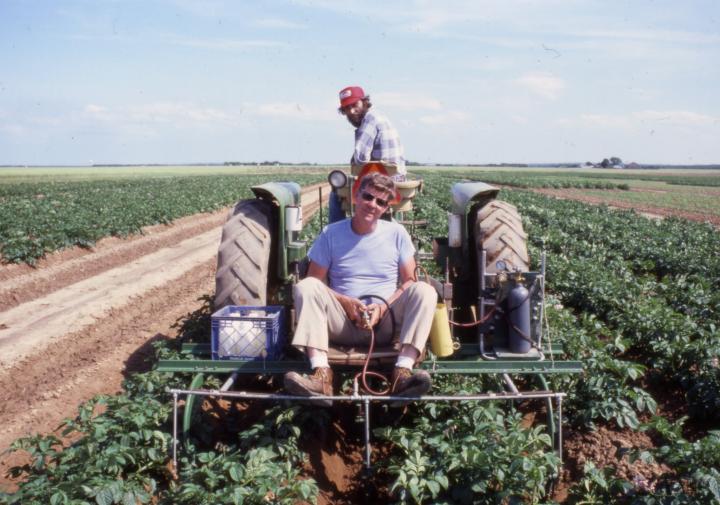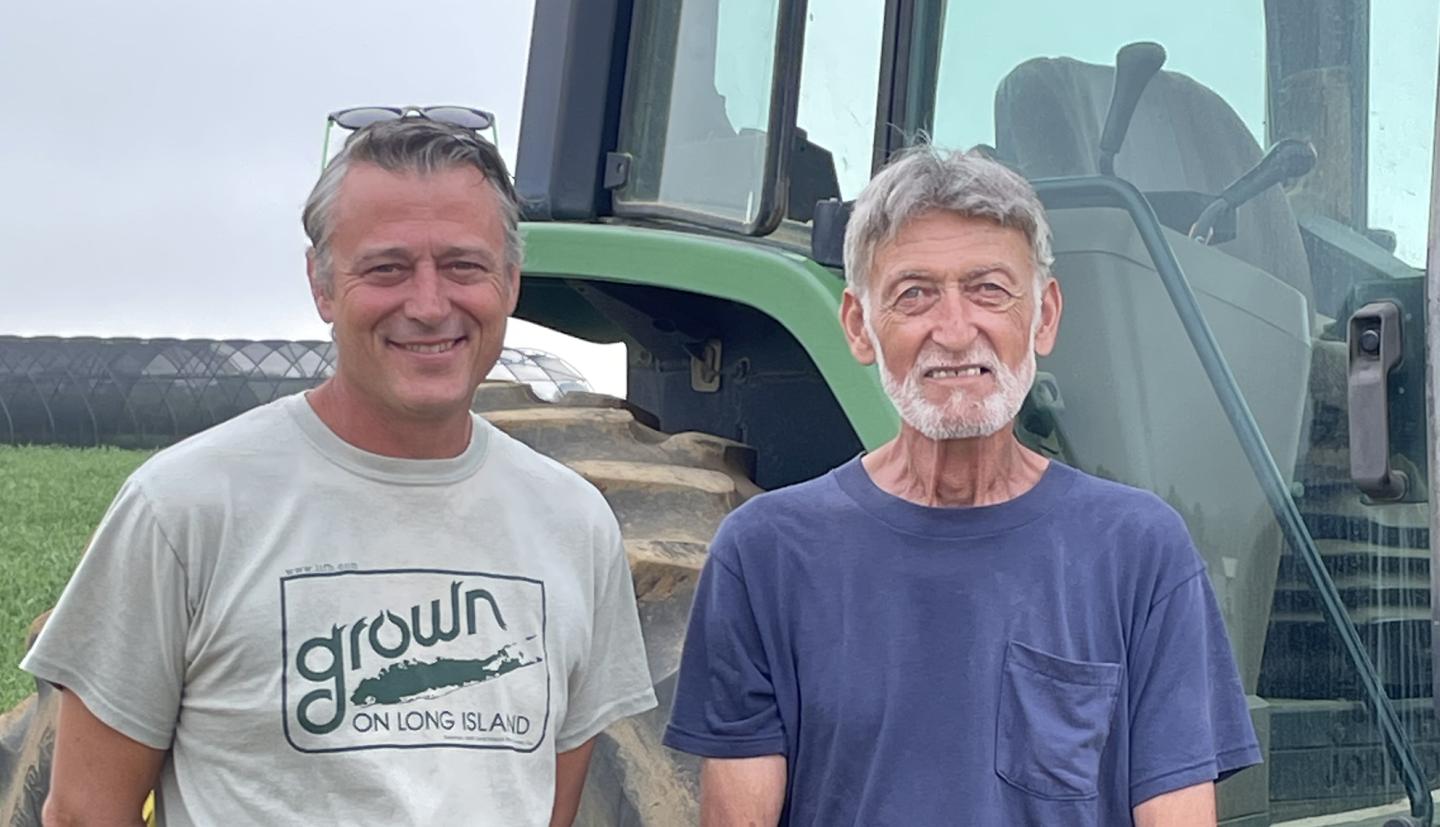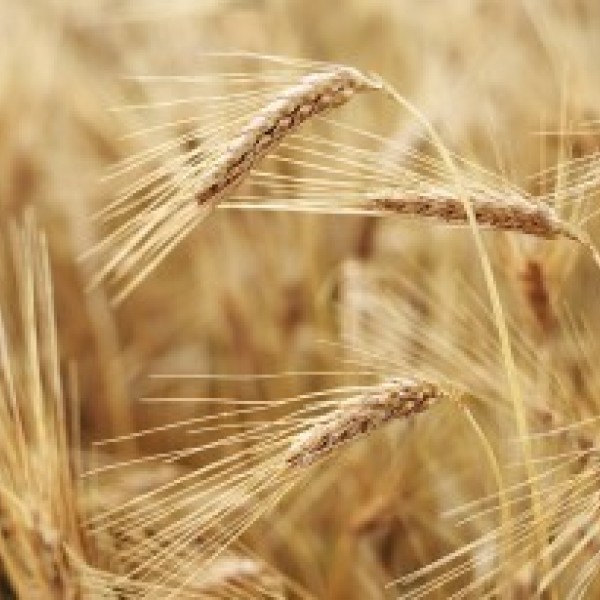For 50 years, Rod Zeltmann has been preparing fields, fixing equipment, helping researchers and supporting the agricultural community through his work as a field assistant at the Long Island Horticultural Research and Extension Center (LIHREC) in Riverhead, NY. This year, he joined a select group of Cornell employees who have dedicated 50 years or more to the university.
“He’s the pinnacle of reliability, for sure,” said Wayne Lindsay, farm and greenhouse supervisor at LIHREC. “You can always count on Rod: the things he’s going to do, you know he’ll do them well.”
Zeltmann started working at Cornell’s Long Island research center in 1970, part-time, while in high school. As one of thirteen children, if Zeltmann wanted to participate in sports, he had to earn the money himself, he said. In 1973, the farm manager, Henry Okula, recruited him to a full-time position, and he’s worked for LIHREC ever since. LIHREC is one of nine research farms statewide supported by the Cornell University Agricultural Experiment Station (Cornell AES), and the only one on Long Island; the center celebrated its 100th year of operation in 2022.








